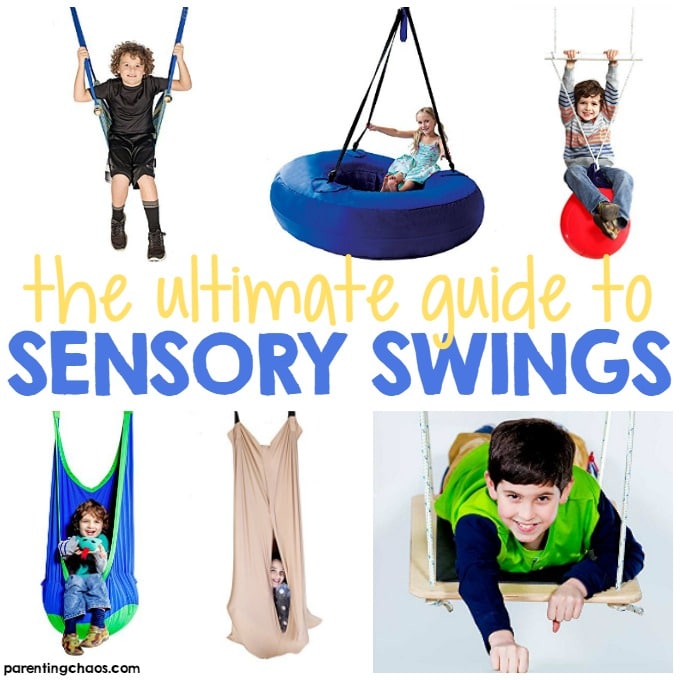7 Easy Facts About Sensory toys Shown
Table of ContentsAll About Sensory toysThe Facts About SENSORY HOMEWARES UncoveredThe Facts About NDIS supplier Uncovered
Signs and symptoms of oral-motor and oral-sensory troubles Signs of a motor trouble could consist of: Postponed development of appearances due to the fact that the child can't literally handle chewing solid foods Slow or ineffective chewing Food left in the mouth Food dropping from the mouth Gagging Coughing or choking Low consumption of food (the child might not take in sufficient calories because it takes as long to consume) Delayed development of various other feeding turning points (such as transitioning to a regular open cup from a sippy cup) Signs and symptoms of a sensory trouble might include: Gagging Rejection to consume Crying throughout dish times Vomiting Postponed consuming milestones (the kid may have the ability to tolerate liquids and purees but have difficulty with chewable foods, or the other way around) Unusual taste choices (such as salsa on eggs) Food falling from the mouth Threat of creating this problem Children that were birthed very early; who have GI, breathing or neurological disorders; or who have hereditary syndromes might be extra likely to create oral-motor and/or oral-sensory issues.Kids with oral-motor problems may have trouble ingesting safely and also can be in danger for goal and choking. Diagnosis as well as examination of oral-motor as well as oral-sensory issues A thorough clinical background is essential: It is very important for your child's clinical team to comprehend just how feeding has gone because birth to know where the issue began.
If there's a behavioral component to your child's feeding problem, the treatment plan could consist of cognitive behavior modification. Whatever approach we take, our goal is to see to it your kid can eat securely as well as efficiently - you can try these out. After therapy Therapy length relies on the issue and your kid's age and ability level.

Not known Facts About NDIS supplier
What is sensory processing disorder? Sensory processing disorder is an inequality in between the sensory stimulations of the environment and the brain's response to that stimulations - SENSORY HOMEWARES. A child with sensory handling disorder may have a tough time handling and acting upon the info they obtain from their detects, causing obstacles with everyday jobs.
Without appropriate therapy, the condition might bring about anxiety and also anxiousness. What are sensory processing condition signs? Sensory processing disorder symptoms vary considerably. It can offer as a kid being worried of loud noises, refusing to touch specific structures, or not feeling any discomfort. Various other symptoms that may suggest sensory handling condition include: Extreme state of mind swings, Clumsiness, Need for constant activity, Over or under-sensitive to outside stimuli, Delicate to loud sounds, The youngster is intense, demanding, or hard to calm, Problem sleeping, Trouble focusing, Slow to discover brand-new abilities, Sensory handling condition might affect one of the detects (touch, view, sound) or several detects, and the signs and symptoms they cause are chronic and impact daily life.

For more information concerning treatment at Solaris Pediatric Treatment, call the workplace or request a consultation online today.
Sensory toys for Dummies
All toddlers grumble about odds and ends because that's what youngsters do! Plus, they're normally sensitive to temperature level, appearance and various other feelings at this age. A few kids are touchy-feely to the extreme and these youngsters might have sensory processing concerns. Trouble managing particular feelings is the trademark of sensory handling issues, as well as it can expose itself in lots of ways, such as a marching band passing (audio) or tee shirt's scratchy tag (touch).
What are sensory processing issues? Sensory processing describes the method which a youngster reacts to what he feels, preferences, scents, sees or hears (Sensory toys). Examples of sensory concerns consist of not being able to stand specific appearances against one's skin, getting dismayed when an alarm screams by or avoiding hugs (find out here now).
On the contrary end of the spectrum are kids that have an under-sensitivity, or the hyposensitive tyoe of sensory issues (sensory store). These kids are uncommonly uncaring to feelings and also some could seem to be starved for excitement, continuously needing to touch, smell and also taste well outside the realm of suitable or normal expedition.
Below's a sampling of some signs to search for: May hate being touched (if they're excessively delicate) or appear incapable to withstand touching every little thing (if they're under-sensitive)May locate it unbearable to wear clothing with tags or rough you could try these out materials if they're extremely conscious touch, or appear aloof to pain, extreme heat or cold due to an under-sensitivity to stimulations, May spin around regularly or have problem harmonizing, Can be perturbed and overstimulated by loud noises and also intense lights, May present severe food aversions (beyond hating broccoli)May be overly scared of swings and other playground device May be deeply interrupted by dust on their hands or faces, Can require extreme assistance to go to sleep (think hours of rocking and unique noise machines)Regularly head knocking, May have difficulty being gentle with pets, May frequently touch points and also individuals, or not understand individual area when other kids do, May have a really high resistance for discomfort, May act extremely restless or be unable to rest still, May long for quick spinning, tough hugs, or love being thrown in the air or leaping on furniture, What causes sensory handling concerns in kids? While the exact reasons are unidentified, it's believed that a combination of hereditary as well as ecological aspects may add to sensory processing issues.